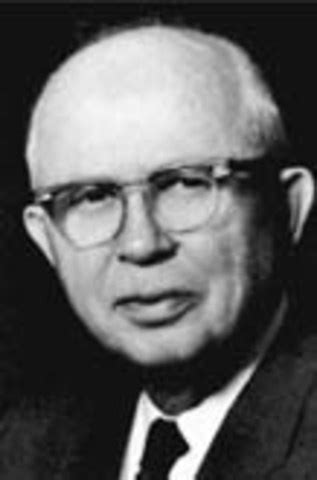A Quote by Franz Kafka
The worries that are the burden of which the privileged person makes an excuse in dealing with the oppressed person are in fact the worries about preserving his privileged condition.
Related Quotes
Avery worries about her, too, so Lissa's in good hands. Avery's pretty amazing." I gave him a scathing look. "Amazing? Do you like her or something?" I hadn't forgotten Avery's comment about leaving the door unlocked for him. "Of course I like her. She's a great person." "No, I mean like. Not like." "Oh, I see," he said, rolling his eyes. "We're dealing with elementary school definitions of 'like'.
New York is perhaps the only place in America where you feel at the centre and not at the margins, in the provinces, so for that reason I prefer its horror to this privileged beauty, its enslavement to the freedoms which remain local and privileged and very particularized, and which do not represent a genuine antithesis.






































